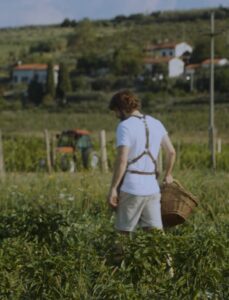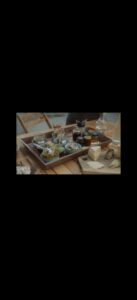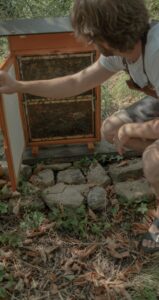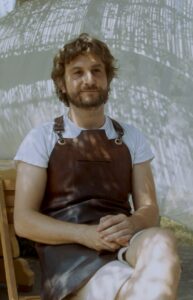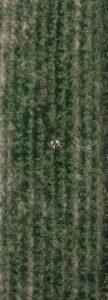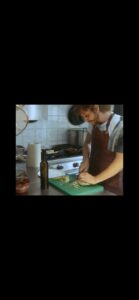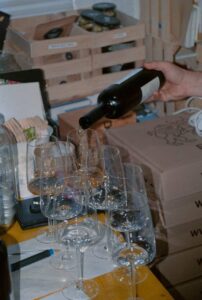
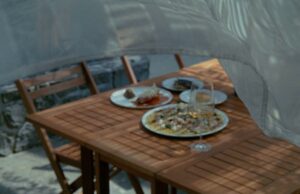
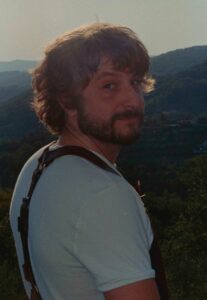
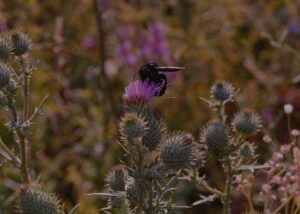
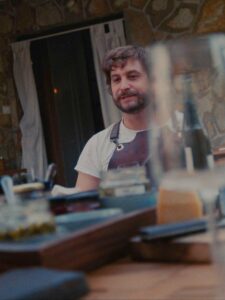
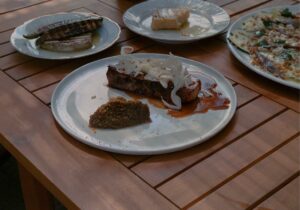
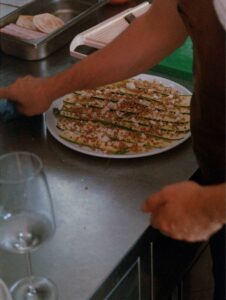
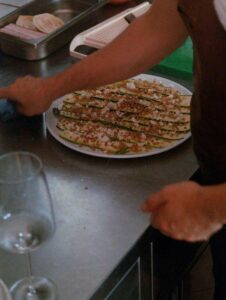
They’re
kind
of
a
school
for
us,
we
are
learning
from
them.
Please enable sound
Episode 5
From Field to Table
From Field to Table
0% Loading...
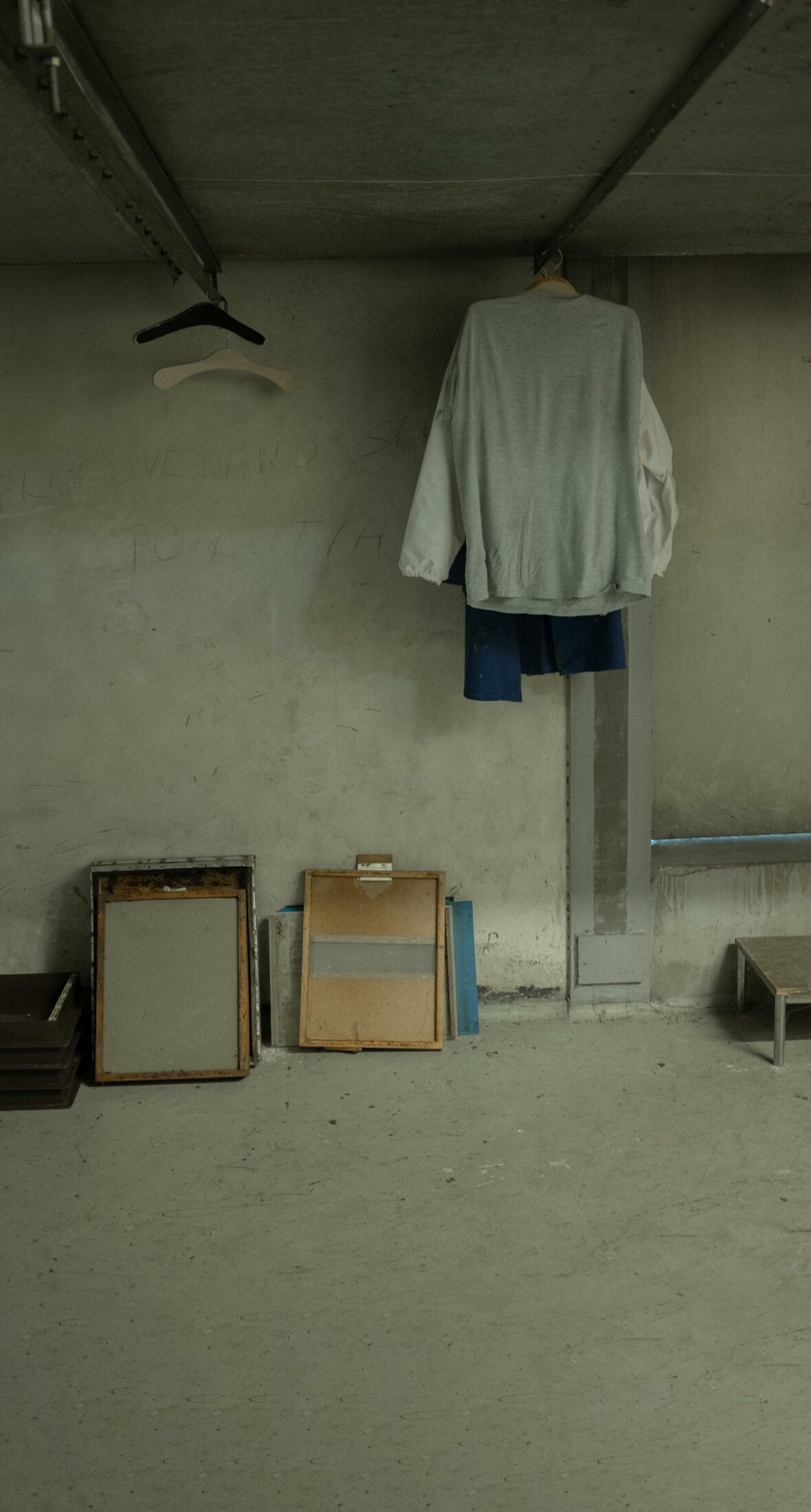
The Pollinators
of Slovenia
An interactive documentary
by Studio Airport
by Studio Airport
2023
About
Amid Slovenia’s thick forests of beech, fir, and maple, rolling agricultural land, and clear-running rivers there run ancient threads of relationship—between humans, pollinators, and the Earth—that still hum with life. In this interactive documentary, we travel deep into Slovenia’s landscape to learn how beekeepers and farmers are continuing to nurture this relationship in the face of climate change and habitat loss, finding new ways to nourish the vital creatures who in turn nourish us and the land.
Produced by
Emergence Magazine
Studio Airport
Director
Bram Broerse
Art Director
Maurits Wouters
Executive Producer
Emmanuel Vaughan-Lee
Writers
Anže Petelinšek
Bram Broerse
Emmanuel Vaughan-Lee
Cinematographers
Luuk de Kok
Mischa van Schajik
Photographers
Maurits Wouters
Carsten Pölking
Film Editor
Bram Broerse
Sound Designer & Music
Julian Tjon Sack Kie
Researcher
Anže Petelinšek
Graphic Designers
Anže Petelinšek
Bram Broerse
Sam Reith
Code by
September Digital
Developers
Hidde Meulenbeek
Wouter den Boer
Jan-Maarten Schot
Drone Operator
Mischa van Schajik
Color Grader
Maurits Wouters
Motion Designers
Bram Broerse
Hidde Meulenbeek
Narration Writer
Rachel Broomhead
Copy Editors
Michelle Moore
Lucy Wormald
Translator
Anže Petelinšek
Narrator
Tisa N. Herlec
Interviewees
Matjaž Novak
Stefan Novak
Roman Košale
Dr. Danilo Bevk
Manca Omerzu
Franc Petrovčič
Darja Jenko
Črt Butul
Interviewers
Anže Petelinšek
Bram Broerse
Cellist
Laurence Gaudreau
Voice Over Recording
SonicPicnic, Robin Schaefer
Additional Camera Operator
Ziga Krajnc
Special Thanks to
Beekeep Museum, Čebelarstvo Tigeli
Čebelarstvo Košale
Domač Butul
Dr. Danilo Bevk
Eko Prekmurc
Janšev Čebelnjak
Kmetija Omerzu
Landscape Park Tivoli
Ljubljana Botanic Garden
Slovenia Forest Service
Urban Beekeepers Association
14:11
In this episode of “Pollinators of Slovenia,”
we travel to the coastline near the border with Italy
to meet Črt,
a chef and farmstay owner
who cooks with produce
straight from the land.
Črt shares with us the remarkable impact
bees have had on the farm,
as well as the challenges posed by drought
and heat in the face of our changing climate.
Finding freedom in self-sufficiency,
Črt invites us into a creative,
rooted way of life.
I am Črt Butul from the Butul Farmstay
in Manžan, next to Koper, Slovenia.
I’m a chef, basically, a trained chef.
We are a farmstay.
We are around 70–80 percent self-sufficient.
And most of the things
that we are doing and we are
cooking and everything—it’s coming
from our fields,
and somehow all the
products go through our hands.
There is no specific day that I can say:
Okay, I start like this and I finish like this.
But I’d say that it’s a farm day.
So in the morning, early mornings,
we usually pick the vegetables
and go a little bit to see
what’s going on in the field.
I still remember the day
when our beekeeper
first came to our door,
and he rang our bell,
and he was like: “Hi, I’m Miha.
I’m from the other part of Slovenia.
And I would like to put
a beehive on your farm.
Is that okay?”
After the first hive—really, first hive, first year,
first summer—we realized that it’s
really important to have the bees
because the quantities of the
fruits that were growing
from then to now are just incredible
compared to what we had before.
It’s an insect.
And it’s giving us food by working,
and it’s giving us food also
in an indirect way,
in a different way.
We cannot see it practically,
but yeah, all the food and everything
that grows around here is going
way, way, way better since we’ve had bees.
So it’s really an important insect
in many ways. In health ways, because
of all the good things that
honey and pollen
and all the side products
of the bees are giving us.
And, of course, because of the health
of nature. I’ve always said that
I would love to live in a healthy environment,
and an environment without insects
and pollinators and bees is just not healthy.
It’s impossible.
They’re kind of a school also for us.
We are learning from them—how
they move, how they collect honey.
It shows also how nature is
working in that period of the year.
When it’s too rainy in the part
of the year when it’s usually
flowering a lot,
we have to help them with the honey
from last year and things like this.
So we are learning a lot from them.
The thing about pollinators is that,
of course, it’s not just the bee.
We have to make an environment that is
a little bit cool for all of them.
So what we are actually doing is when
we plant in the middle of the olive
tree plantations or in the middle of
herbs, when we are looking for herbs
to mulch the soil,
we are always looking for
something that is good for the bees
or other pollinators.
We’re talking about buckwheat,
or different types of mustard.
phacelia is also a type of herb that we
are using as a green fertilizer,
but at the same time, it’s a really,
really good thing for the bees.
We are really looking to have
on the farm herbs that are
somehow protecting the bees,
or in another way also giving more
honey at the end of the year.
Of all the challenges to what we do,
in the last years,
I would say global warming
was the biggest thing.
It’s not a question of you do
believe or you don’t believe.
It’s just, you do understand or you
don’t understand global warming.
It’s just happening.
The temperatures are high,
and the water shortage is immense.
Things like this are just
not helping the environment.
So that’s probably one of the biggest
challenges that we have right now.
But I think that we have to turn.
We are a small farm,
and we can actually turn really quickly.
So we have to do certain changes,
and we are doing changes,
every year actually to be
as efficient as possible with what
we are doing, with as little impact
on the environment as possible.
With global warming there is not that
much stability in the changing of seasons.
The period of spring is really,
really dry, or too wet.
Neither of those things are
actually helping the bees.
And we have to be really
careful around that period.
That’s for sure one of the things that is
scary, because, of course, if it’s
raining too much and there are not
enough flowers for them,
they are not also protecting
themselves from other diseases,
and it’s like a chain reaction
of things that can go wrong.
The drought—it’s present
like almost every year,
every second year for maybe a week,
two weeks, and that was normal
until now and nothing really special.
Every year everyone stops
cleaning their cars and that’s it.
But this year is totally different.
Temperatures that are around
35–37 degrees are something totally common
for three, four weeks in a row.
Now there’s nothing normal about it,
because we never had those temperatures
for such a long period.
And we haven’t had actually real
proper rain for the past six months.
Being without proper rain—it’s really intense.
Even if you have all the containers
and all the water coming from your roof
to collect it, it is just not enough,
even for a smaller garden.
There are farmers that have just
stopped with everything.
They’re just raising hands and
saying, “I’m not doing this anymore.”
We have, every year, less farmers in Slovenia.
Without actual support from anywhere,
depending on yourself for everything,
with all the prices and everything going up,
the farmers will not stay in their jobs.
And this kind of environment—it’s harsh.
Črt and his family produce natural wines
and cook on a daily basis for
their guests at the farmstay.
As a chef he draws inspiration
from his environment,
using the crops from his land
and even the pollen from his beehive.
Food and water are some of the basic
things that we need in our lives to survive.
And basically that’s the thing that we’re doing:
being self-sufficient. It’s giving you,
of course, a lot of work,
but at the end of the day, it’s freedom.
Our practices around farming, the way we farm,
the easiest way, even if it sounds a little bit cheap,
is letting nature do its role.
It’s going a little bit slower.
The crops are not that big.
But on the other hand, we have herbs
and weeds that are growing next to the
plants and are helping those plants
to grow or protecting them.
Having bees is one of the ways, of course,
to protect and to have a healthy
environment, healthy land.
But the thing is—the feeling that
you get from working with the land,
working in a natural way with the land,
having food from there,
having something to drink and
having a roof, of course,
because of it—it’s a really nice
feeling of freedom.
Self-sufficiency is being able to survive,
because if you have self-sufficiency,
you can be, at the end of the day,
creative with what you have.
So yeah, it’s survival.
It’s actually survival.
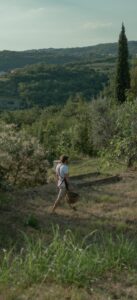
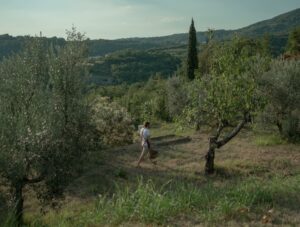
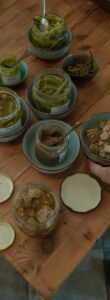
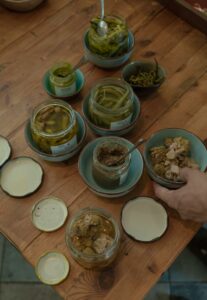
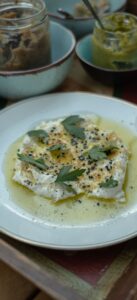
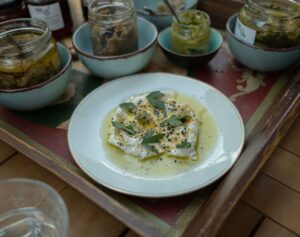
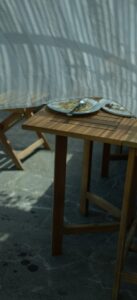
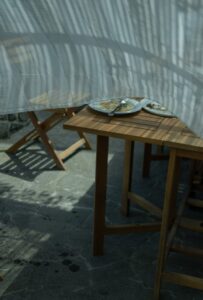
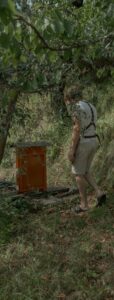
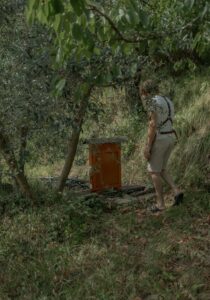

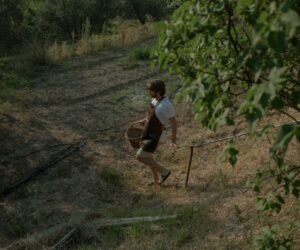
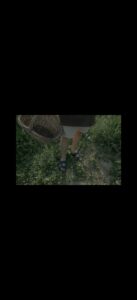
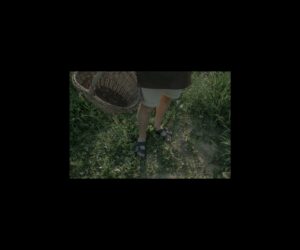
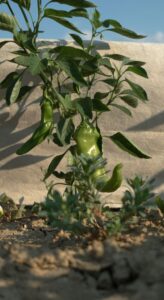
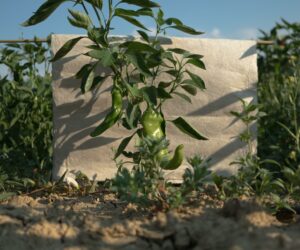
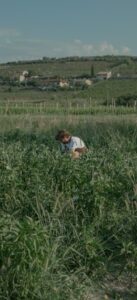
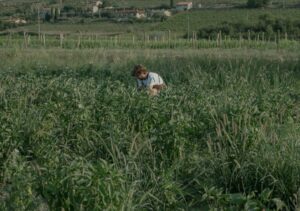
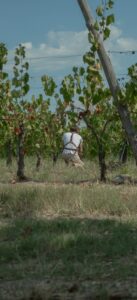
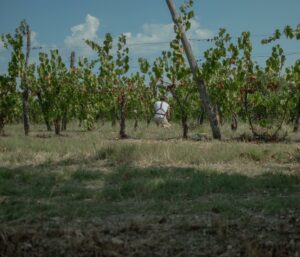
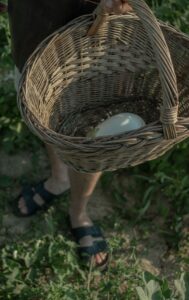

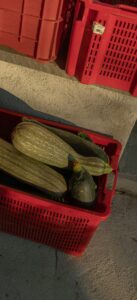
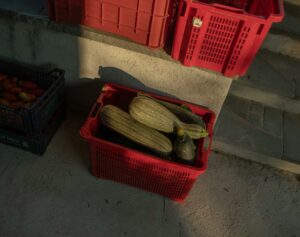
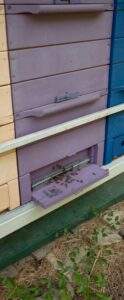
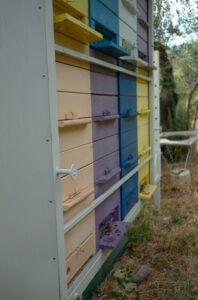
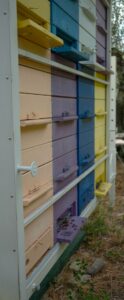
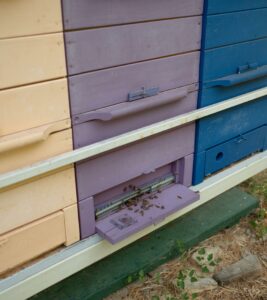
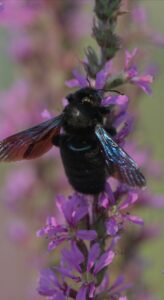
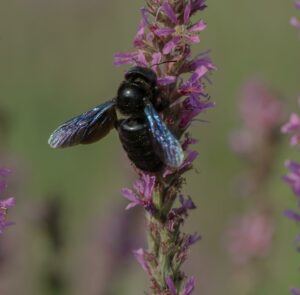
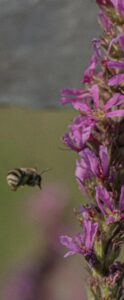
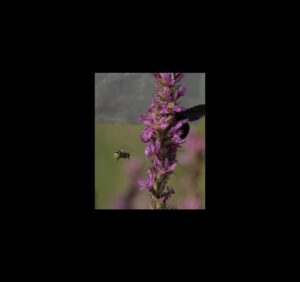
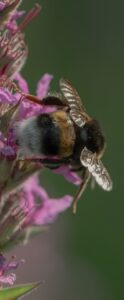
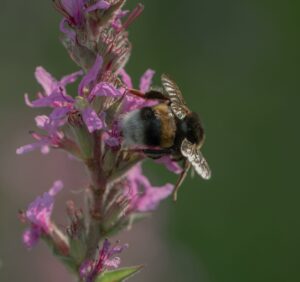
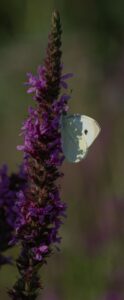
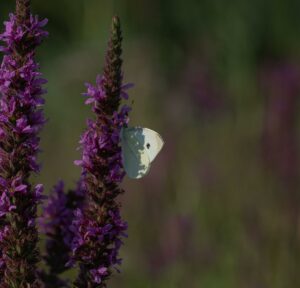
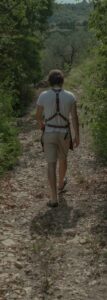
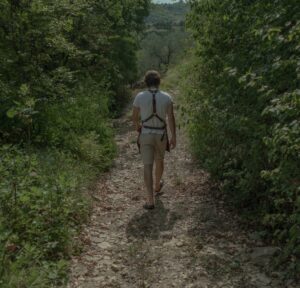
EP.05
From Field
to Table
Episode 5
Part (1/3)
The Foodgivers
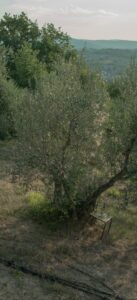
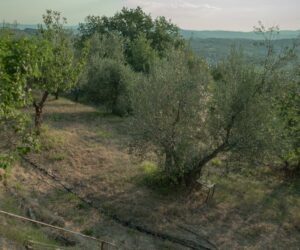
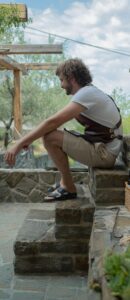
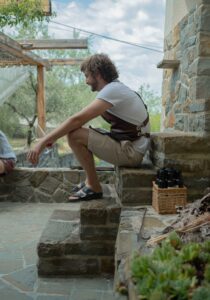
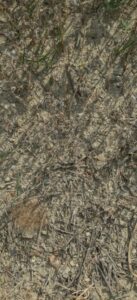
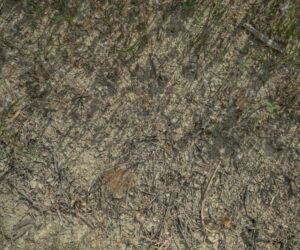
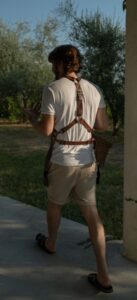
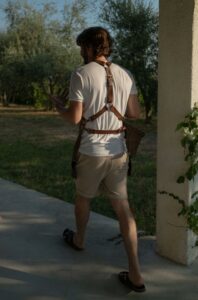
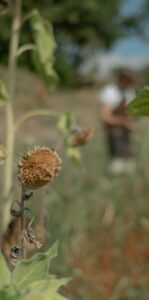
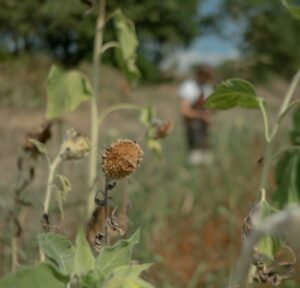
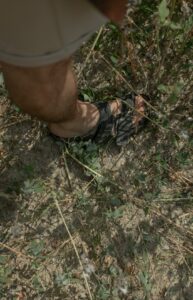
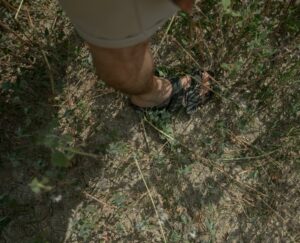
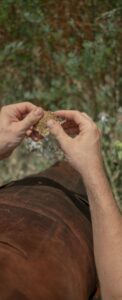
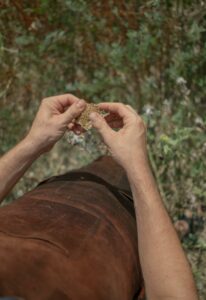
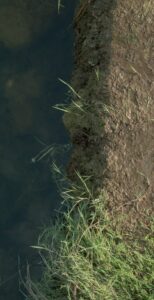
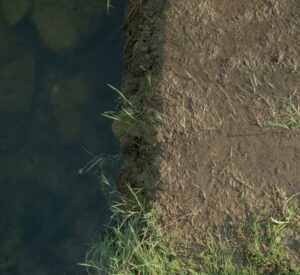
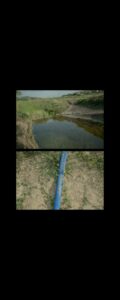
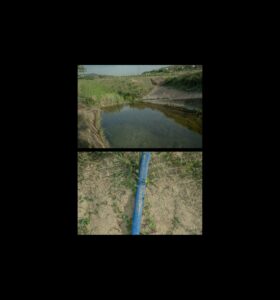
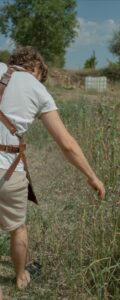
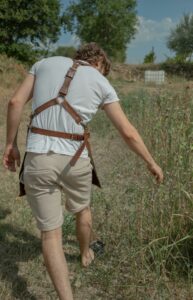
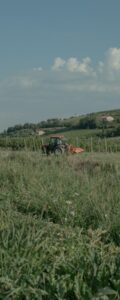
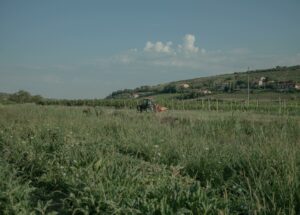
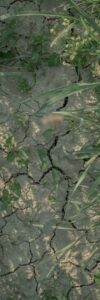
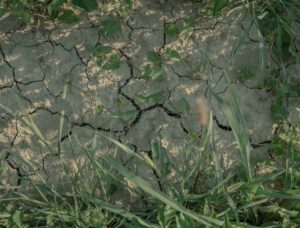

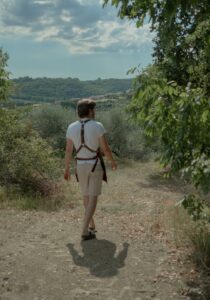
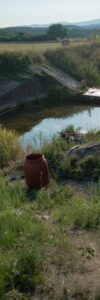
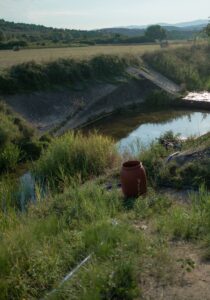
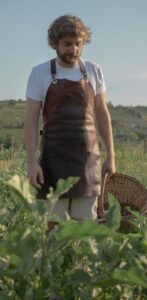
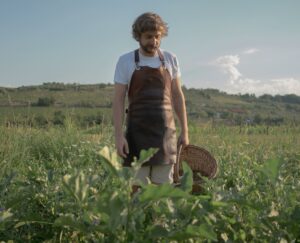
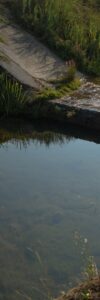
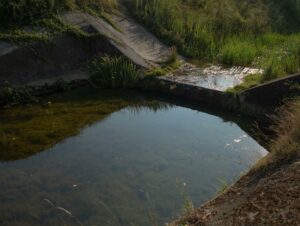
EP.05
From Field
to Table
Episode 5
Part (2/3)
Climate Change, Challenges and Drought
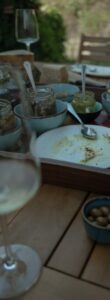
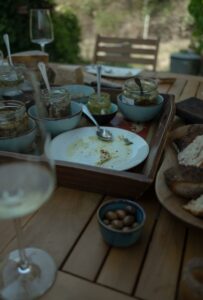
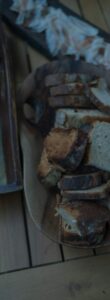
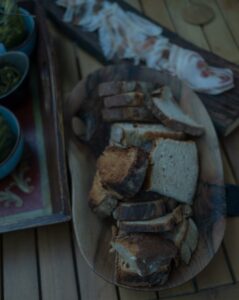
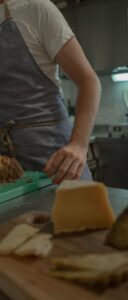
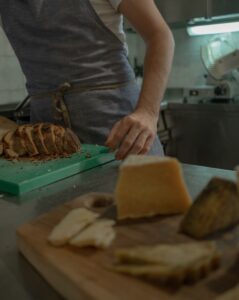
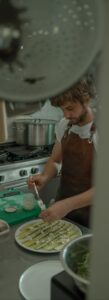
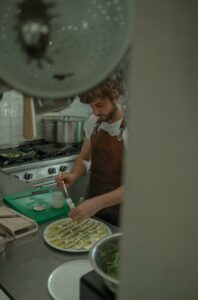
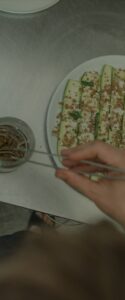
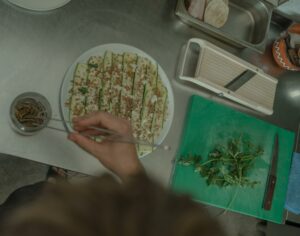
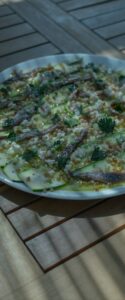
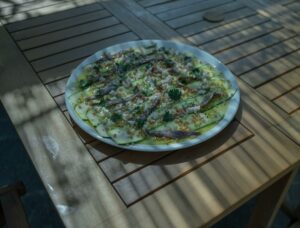
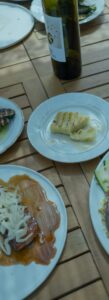
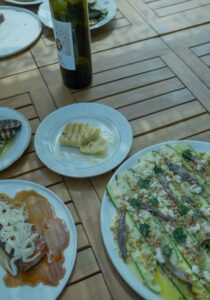
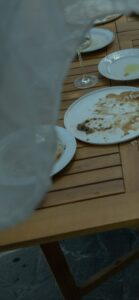
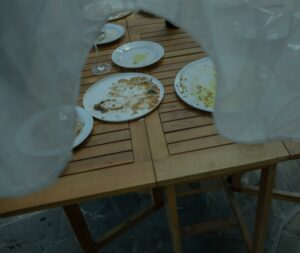

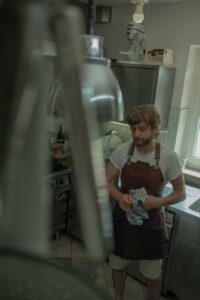
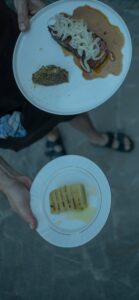
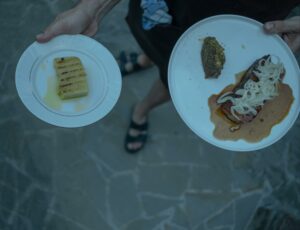
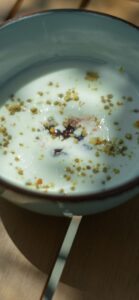
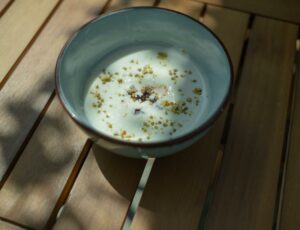

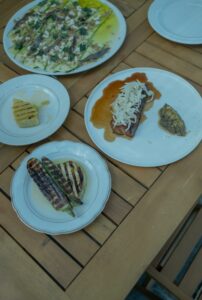
The Pollinators
of Slovenia
An interactive documentary
by Studio Airport
by Studio Airport
2023
About
Amid Slovenia’s thick forests of beech, fir, and maple, rolling agricultural land, and clear-running rivers there run ancient threads of relationship—between humans, pollinators, and the Earth—that still hum with life. In this interactive documentary, we travel deep into Slovenia’s landscape to learn how beekeepers and farmers are continuing to nurture this relationship in the face of climate change and habitat loss, finding new ways to nourish the vital creatures who in turn nourish us and the land.
Produced by
Emergence Magazine
Studio Airport
Director
Bram Broerse
Art Director
Maurits Wouters
Executive Producer
Emmanuel Vaughan-Lee
Writers
Anže Petelinšek
Bram Broerse
Emmanuel Vaughan-Lee
Cinematographers
Luuk de Kok
Mischa van Schajik
Photographers
Maurits Wouters
Carsten Pölking
Film Editor
Bram Broerse
Sound Designer & Music
Julian Tjon Sack Kie
Researcher
Anže Petelinšek
Graphic Designers
Anže Petelinšek
Bram Broerse
Sam Reith
Code by
September Digital
Developers
Hidde Meulenbeek
Wouter den Boer
Jan-Maarten Schot
Drone Operator
Mischa van Schajik
Color Grader
Maurits Wouters
Motion Designers
Bram Broerse
Hidde Meulenbeek
Narration Writer
Rachel Broomhead
Copy Editors
Michelle Moore
Lucy Wormald
Translator
Anže Petelinšek
Narrator
Tisa N. Herlec
Interviewees
Matjaž Novak
Stefan Novak
Roman Košale
Dr. Danilo Bevk
Manca Omerzu
Franc Petrovčič
Darja Jenko
Črt Butul
Interviewers
Anže Petelinšek
Bram Broerse
Cellist
Laurence Gaudreau
Voice Over Recording
SonicPicnic, Robin Schaefer
Additional Camera Operator
Ziga Krajnc
Special Thanks to
Beekeep Museum, Čebelarstvo Tigeli
Čebelarstvo Košale
Domač Butul
Dr. Danilo Bevk
Eko Prekmurc
Janšev Čebelnjak
Kmetija Omerzu
Landscape Park Tivoli
Ljubljana Botanic Garden
Slovenia Forest Service
Urban Beekeepers Association
EP.05
From Field
to Table
Episode 5
Part (3/3)
